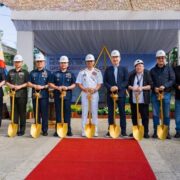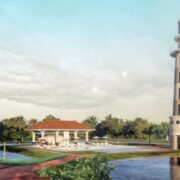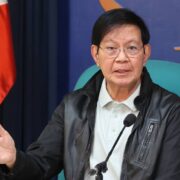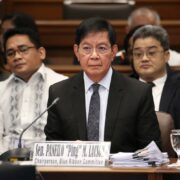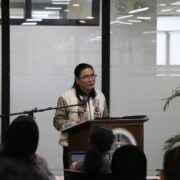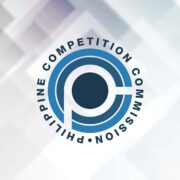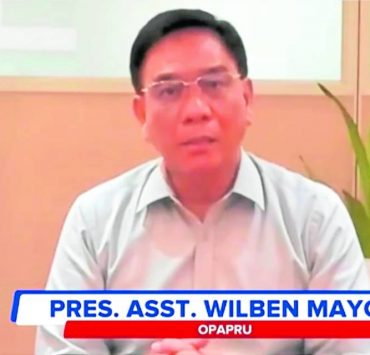PH Red Cross supporting 12 medicine scholars
Growing up with no immediate access to health facilities in her small fishing community in Malolos, Bulacan, second year medicine student Charmaine Alba decided to become a doctor, hoping to be the bearer of universal health care to her village.
In Barangay Calero, where she was raised, the service was practically nonexistent. “In our barrio, health services are not a priority. Our barangay health center opens just once a week, so it can’t cater to the residents,” Alba said in an Inquirer interview.
The 23-year-old student of the University of the Philippines College of Medicine (UPCM) recalled that people from their barangay had to take a 30-minute walk or ride a boat just to get medical attention at the provincial hospital located in the city or at nearby private hospitals, where the fees are often beyond their reach.
“When I was a kid, I never went through regular check-ups with a pediatrician. It’s something you would expect as a child. But I wasn’t exposed to that,” she said.
It wasn’t until Alba got into senior high school when it dawned on her that her community lacked what she considered a basic human right. “It opened my eyes to the reality that many Filipinos don’t have access to health care. It’s what I saw in our own barrio, and it’s what I was seeing in our country’s health sector,” said Alba. “Health is a right. Regardless of one’s [social] status, everyone should have equal access to health services.”
Even after finishing a biology course in UP Manila, taking up medicine did not cross her mind during her undergraduate years because she knew that studying to become a physician in the Philippines does not come cheap.
But in just a few years’ time, Alba may become the first-ever doctor to hail from her small barrio.
‘Chosen dozen’
She was chosen as one of the 12 UPCM students given a scholarship last year by the Philippine Red Cross (PRC), the country’s premier humanitarian agency.“A big thank you to PRC because the young Charmaine never thought of pursuing medicine because all her life she knew that it is too expensive to become a doctor. But PRC gave light and hope to my dream of helping other people,” Alba said, adding that a big financial burden has been lifted from her and her parents, a fisherman and a housewife.
Underprivileged students under the PRC grant get full scholarship, which covers tuition and laboratory and other miscellaneous fees. They also get a book allowance and a “student fund.”
According to PRC chairman and former Sen. Richard Gordon, providing scholarship grants is just one of the ways the organization can help in addressing the country’s perennial lack of doctors.
“We need doctors, principled doctors. We hope that through the scholarship grants, we can help address this issue and have more doctors for Filipinos,” Gordon said.
Dr. Gwendolyn T. Pang, the PRC secretary general, called on the scholars to “be the champion, the advocate, the walking advertisement of the PRC.”
Off to the barrios
Once Alba completes her studies and gets her license, she plans to pay it forward by serving as a PRC volunteer and going back to her hometown under the Doctor to the Barrios (DTTB) program of the Department of Health.
Should she fail to get formally assigned to her barangay, she still hopes to serve there by providing free weekly medical checkups. “I’ve been visualizing it in my head for a while now—every

